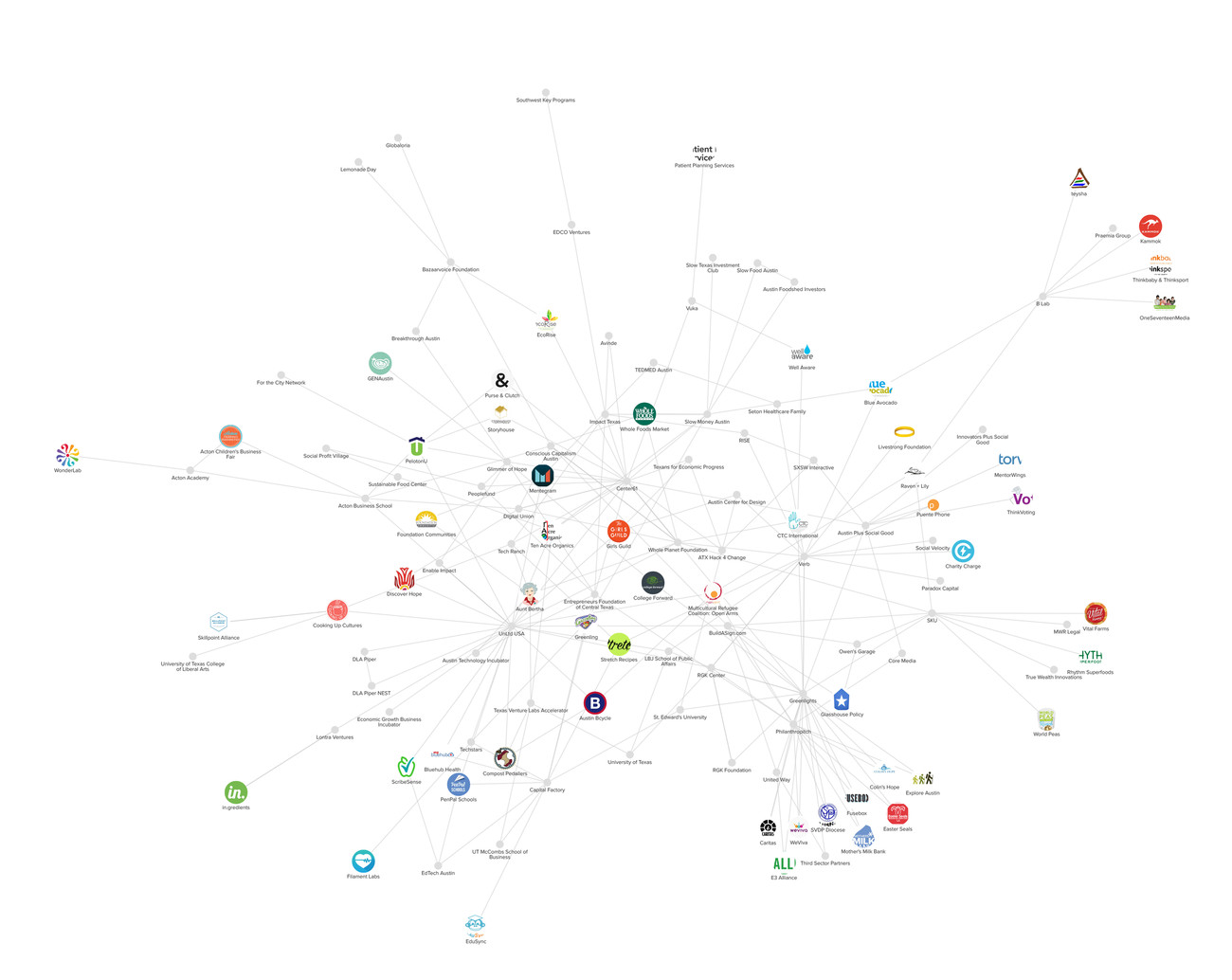Australia’s Federal Police force on Sunday announced it intends to start using new powers designed to help combat criminal use of encryption by taking over the accounts of some social media users, then deleting or modifying content they’ve posted.
The law also requires sysadmins to help those account takeovers.
The force (AFP) stated its intentions in light of the late August passage of the Surveillance Legislation Amendment (Identify and Disrupt) Bill 2021, which was first mooted in December 2020. While the Bill was subject to consultation, few suggestions were incorporated and in August the Bill sped through Australia’s Parliament after two days of superficial debate with many suggested amendments ignored.
As detailed in its explanatory memorandum, the Bill was aimed squarely at helping investigators to act against users of encrypted services.
[..]
Yes, dear reader, if granted those warrants mean the AFP and ACIC can take over an account and delete or modify content created by the accountholder. And if they can’t do that themselves, sysadmins are required to assist.
[…]
Another scenario of concern is “forum shopping” whereby investigators could be denied access to use of one law by a judge, so turn to another judge and try a different law that delivers essentially the same outcome.
The AFP seems not to be bothered by the debate: its announcements stated it will “be relentless in using the law and its powers to remove child sex abuse material and unlawful content from the dark web and other forums”
Well as soon as you hear kiddie porn you know it’s going to be used for much much more than against kiddie porn. Who can argue against kiddie porn, right?

